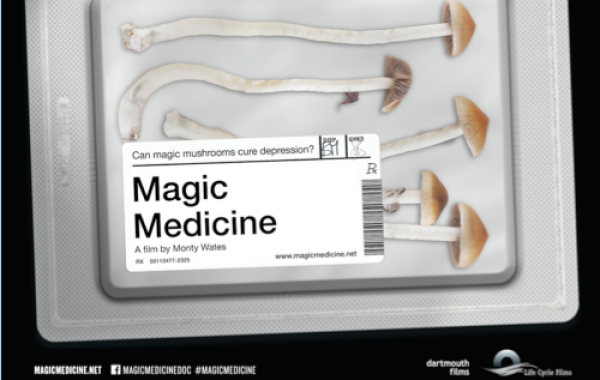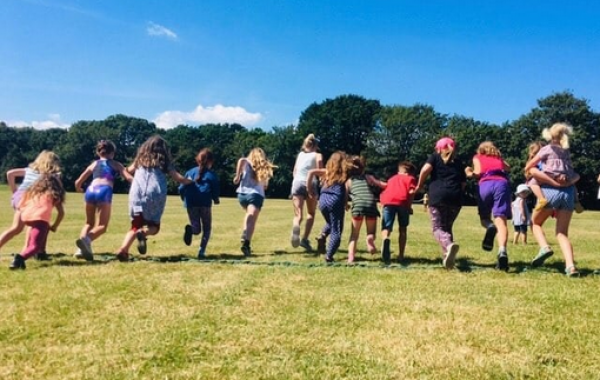SWCTN blog: Exploring the datafication of students
Timely and insightful blog below from South West Creative Technology Network (SWCTN) Data Fellow Dr Annie Blanchette. More details of Annie's work and the other 23 Data Fellows and 6 Prototype Teams on the SWCTN website: www.swctn.org.uk. And see the projects for yourself at their virtual showcase on 26 March, a day to celebrate and journey through the weird and wonderful world of data. Reserve your free ticket here
------------------------------------------------------------------------------------------------------------------
Dr Annie Blanchette is a cultural researcher and educator interested in identity. Her previous work dealt with nostalgia, gender and the body in consumer culture and research. As a Data Fellow, Annie is exploring the potential of playful participatory research approaches to challenge the objectifying tendencies of datafication in education. Annie is a Kaleider resident and new member of the i-Dat collective.
This fellowship has been a wonderful opportunity to explore what I see as an issue with the datafication of students in education.
My belief is that datafication overlooks some very important personal and contextual factors following its assumption that it is either possible or even desirable to assess (nearly) everyone at any time, and on the same narrow basis…and this can have important consequences for the life of students thus datafied.
Lately, a lot of families close to me have received formal autism diagnoses and this has become an important topic of conversation amongst us.
Whilst school provisions might not be much cause for concern for general neurotypical needs and understandings of the world, other more neurodiverse families (although some neurotypical ones too) feel a nagging discomfort with the performance emphasis of the system and the way it makes their children feel.
Of course, datafication itself can be seen as helpful in assessing neurodiversity and being accountable to neurodiverse families’ needs. However, datafication of performance, conformity and achievement (as leading principles of our education system) often objectify some students as sub-par, inadequate or problematic, whilst not fully catering to or valuing other facets of their identity.
Part of my challenge has been to explore ways to overcome this focus on datafication in school settings. It is worth mentioning here the influence of alternative forms of education, such as de-schooling in home education settings, child-led learning in Montessori, Freinet, Steiner or democratic school settings, creative schools and forest schools, as well as the initiative of some mainstream schools to squeeze in more creative/exploratory approaches as part of their education offering.
My children are fortunate to be part of a mainstream school that values emotional wellbeing and creative exploration… Still, more could be done to disrupt the focus on scoring against a narrow curriculum. I believe we need systemic changes – a serious, yet playful uplift – for education to be more inclusive and relevant to the widest range of neurotypes… to a wider range of needs, interests, aspirations, communication styles (as a friend astutely pointed out, the focus on literacy as a condition for assessment often invalidates the communication styles of neurodivergent students) and unfolding social challenges.
As part of this fellowship, I explored ingredients that could help mitigate the objectifying tendencies of datafication (such as exclusion, delegitimisation, comparison and low self-esteem) and point towards a more inclusive, adaptive and fulfilling curriculum. Some of these frameworks include:
-a hermeneutic (feminist) approach to data collection and analysis, taking into account more contextual, nuanced elements as well as the students’ needs, aspirations, perspectives, and communication styles;
– the use of Nussbaum’s feminist framework to assess degrees of objectification/subjectification in representation (then extrapolated to data);
– a playful carnivalesque framework to deflect scrutiny from the student (object of research) onto the researcher or process of research. The carnivalesque mode also serves as a means to explore less linear approaches to research and education and allow new ‘subjunctive’ identities and data to emerge;
– the use of medieval monsters (as theorised by historian David William) as a subversive/critical device to highlight the impossibility of fully comprehending, representing (or datafying) the world;
-the possibility of deep learning technologies to meet students where they are and cater education to their needs and interests (basically emulating the deep-learning role of a thoughtful personal teacher);
-the 24 character strength framework from positive psychology to learn about, identify and nurture core strength within a holistic mode versus a performance logic;
–the use of sandbox games, with enhanced level of creative gameplay, open-ended, non-linear processes… as well as the use of role playing games, reframing education as a collective, creative quest as opposed to a narrow curriculum-based conquest.
As the fellowship is coming to a close, I have been given the opportunity to team up with i-Dat Plymouth and Louisa Currier (artist and educator) to prototype a game that would help disrupt the focus on datafication and adopt a more holistic focus on character strengths discovery and nurturance. This will be aimed at students, with a special emphasis on valuing neurodiverse types. Stay tuned for more details on this project; an initial working prototype is scheduled to be available by the end of March 2021.
Featured Work
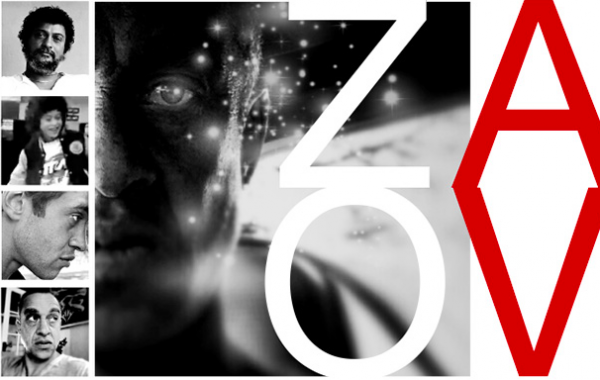
Zak Ové
View Details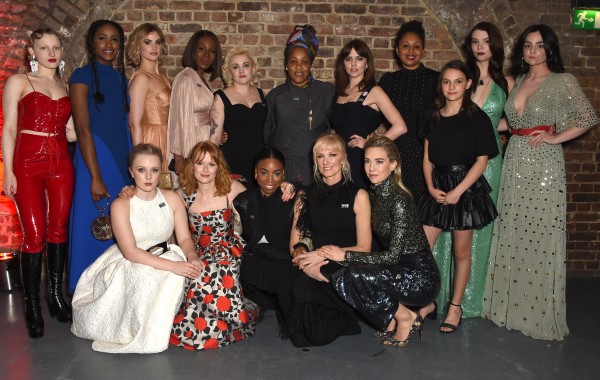
TIME’S UP UK
View Details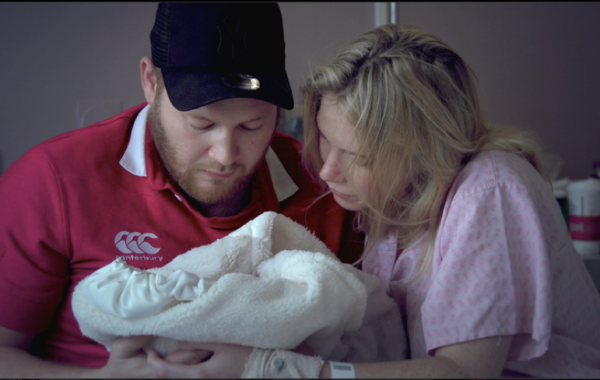
Channel 4
View Details